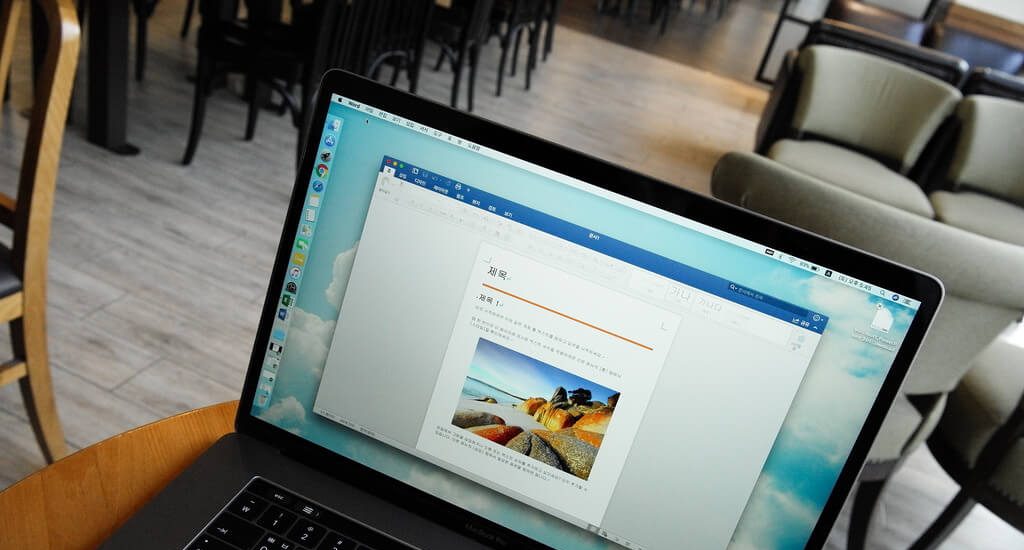- March 14, 2018
- Posted by: Paul Martinovic
- Category: Blog Posts


If you subscribe to Office 365 Business Premium or Microsoft 365 Business, you have access to seven apps designed for small companies. They are part of your subscription, so there are no additional costs to use them. Here is what you can do with these apps.
With little fanfare, Microsoft has been rolling out new tools designed to make it easier for small businesses to find and keep customers and run operations more efficiently. These apps are part of Office 365 Business Premium and Microsoft 365 Business. Four were released in November 2017, which means there are now seven apps available to subscribers at no additional cost. Here is what you can do with them:
1. Microsoft Listings
If you want to increase your company’s online presence, Microsoft Listings might be able to help. From the app, you can create business listings on Facebook, Google, Bing, and Yelp. Creating them in one place helps ensure that your company’s information and branding are consistent across these sites.
After you create the listings, you can use the app’s dashboard to monitor views and reviews of your business on the four sites. If you need to change some information in the listings, you only need to enter the changes once in the app. Microsoft Listings will then automatically make the changes in Facebook, Google, Bing, and Yelp.
2. Bookings
With the Bookings app, you can create a customized web page that your customers can use to check availability and schedule appointments. The scheduled appointments appear in your private Bookings calendar.
You can sync the Bookings app with your Office 365 work calendar. That way, when you add an appointment to your Office 365 work calendar, the Bookings web page will show that time as unavailable for appointments. Similarly, when a customer uses the web page to schedule an appointment with you, the appointment appears in your Office 365 calendar as well as your Bookings calendar. Appointment reminders are automatically emailed to both you and your customers.
Bookings has many other features designed with companies in mind. For example, it automatically creates a customer contact list for you. Plus, there is a mobile version of the app if you often travel for business.
3. MileIQ
Using your smartphone’s GPS service, MileIQ automatically tracks and logs the miles you spend driving for business, creating a record of your tax deductible/reimbursable mileage. The mobile app works in the background, so you do not have to remember to press a start or stop button. At the end of each drive, you just need to classify the trip as business or personal.
To avoid having to constantly classify trips as personal during off hours, you can enable the “Work Hours” feature. After you specify your work hours, the app will automatically classify all trips taken outside those hours as personal. If you happen to travel for business during off hours, you can reclassify the trip using MileIQ’s online dashboard.
You can also use the dashboard to create reports detailing your business mileage. By default, the app uses the US Internal Revenue Service’s standard business mileage rate (54.5 cents per mile in 2018) to calculate deductible/reimbursable costs, but you can customize the rate if needed.
4. Outlook Customer Manager
This tool lets you quickly access information about your company’s customers from either your Outlook inbox or the Outlook Customer Manager mobile app. For example, suppose you want to know more about a customer, Bob, who just sent you an email. If you click his profile, Outlook Customer Manager will display information about him, such as previous email exchanges, tasks completed for him, and logged calls.
You have the ability to share customers’ information with other staff members. Doing so helps ensure that your customers will get good customer service even when you are on vacation or out sick.
5. Microsoft Invoicing
With Microsoft Invoicing, you can generate professional-looking estimates and invoices using predesigned templates that are customizable. For example, you can insert your company’s logo, change the color scheme to match your branding, and add a “Pay with PayPal” link.
Using either the online or mobile version of the app, you can track pending and partial payments, mark invoices as paid, and see if any payments are overdue. If you use Intuit QuickBooks, you can have Microsoft Invoicing automatically transfer invoicing information to QuickBooks.
6. Microsoft Connections
Microsoft Connections lets you stay in touch with current customers and attract new ones via email. You can use either the online or mobile version of the app to create and send newsletters, announcements, and other marketing materials. You can even set up referral offers that give discounts (or another type of incentive) to existing customers who bring in new clientele.
After you send out a marketing campaign, you are able to track its effectiveness. Available metrics include the number of emails opened and how many people signed up for a particular promotion.
7. Office 365 Business Center
The Office 365 Business Center provides a central location from which you can manage the six other business apps. For instance, you have the ability to control which staff members can access them.
The Business Center’s dashboard gathers and displays key business metrics from the six apps. That way, you can keep track of the metrics without having to open each app. However, if you need more information, you have the ability to open any of the apps from the Business Center. The Business Center is available as an online and mobile app.
